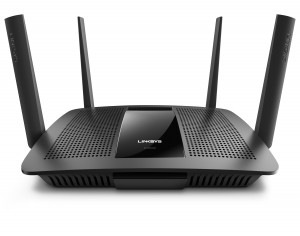Article
Singaporean Internet startup MyRepublic to launch in Australia | Mashable
My Comments
What needs to happen with the status quo when it comes to Internet service quality and pricing is that a new competitor who offers better value for money shows up in the marketplace.
This has happened in France with Free.fr when they offered some really low prices for their telephony and Internet service and has whipped up a highly-competitive Internet service market where Internet and triple-play services are so keenly priced. In the USA, Google rolled out their Google Fiber service to cities like Kansas City, Provo and Austin with rock-bottom prices for Gigabit Internet service. This has stirred up established Baby Bells and cable companies in the area to lift their game when it came to Internet service quality and prices. In the UK, Gigaclear have cut in to BT’s established practices by offering to rural communities FTTH broadband services which have the same upload and download speeds at prices most home and small-business users can afford.
Now a new Singapore telco has come on the scene in the Asia-Pacific region to do expressly that. MyRepublic is intending to join the Australian Internet-service market by offering an all-you-can-eat 100Mbps service for AUD$80-90 per month in the main capital cities. They intend to link in to the NBN infrastructure to provide this service but are critical of the way NBN was changed towards a fibre-copper technology mix.
MyRepublic had reached other markets like New Zealand where they offered an all-you-can-eat 100Mbps service for NZ$79.99 over a 24-month contract and were focusing on offering a pure-play service that is independent of traditional telcos and cable-TV companies who are dependent on their other services.
Existing telcos, especially Telstra, are crying foul because they think that MyRepublic doesn’t have the infrastructure ready to provide Internet service of the same standard that they want to provide. What I see of this is that it shows that established providers will try to discredit competitive influence in order to make sure that the competitors can’t survive.
A question that may be worth raising is whether MyRepublic would have to capitulate towards offering multiple-play services with VoIP telephony and IP-based pay-TV especially in markets where multiple-play is the order of the day. It will also include whether these services will be keenly priced and offer increased value such as included calls or TV channels.



